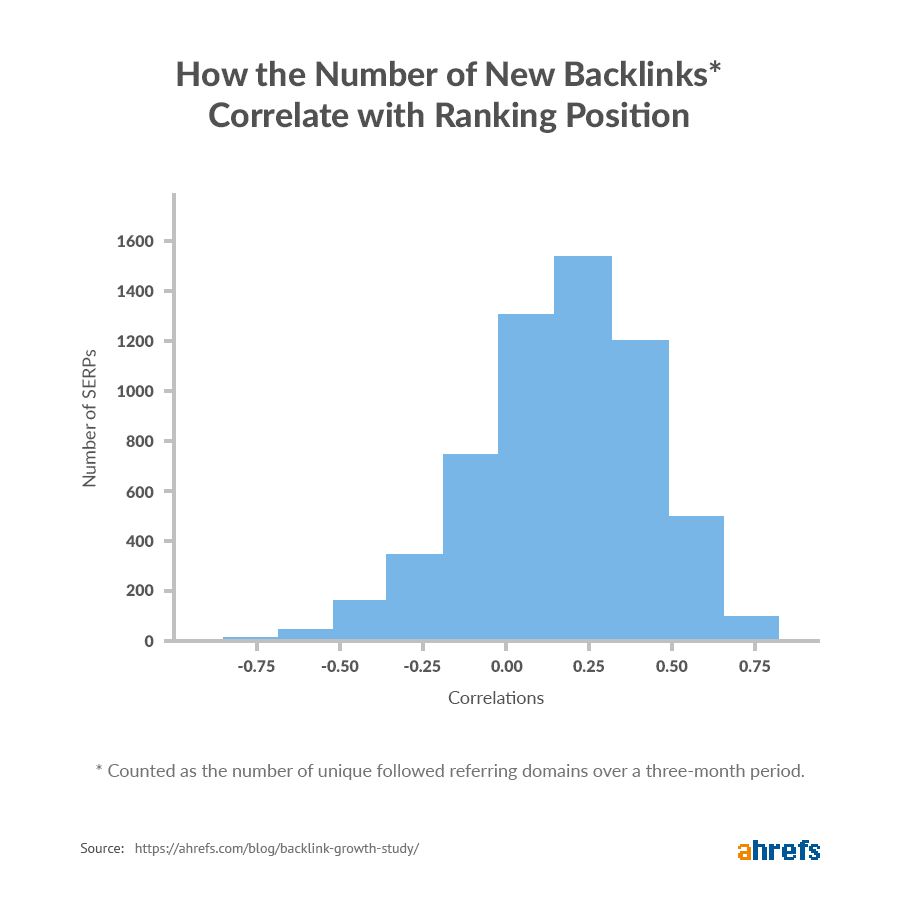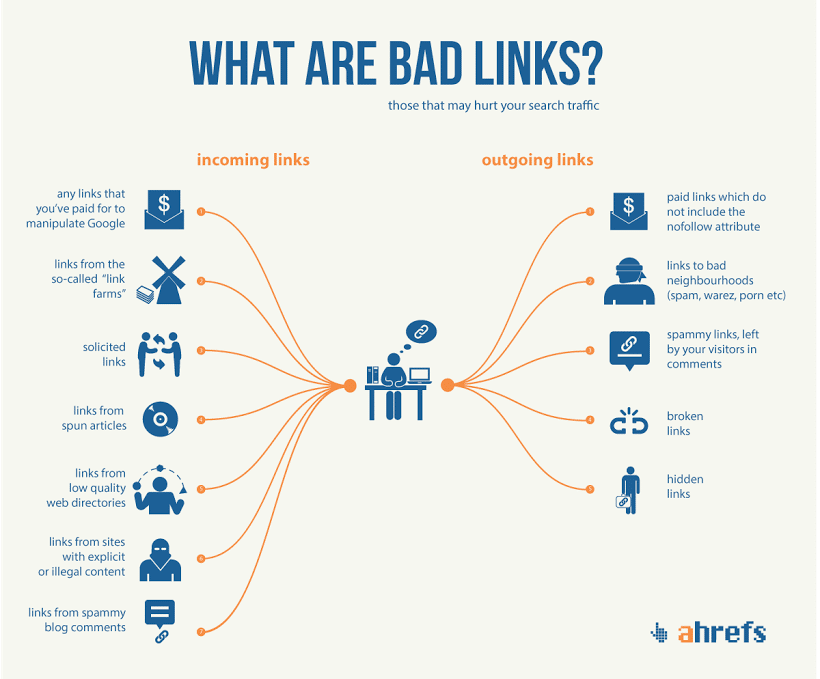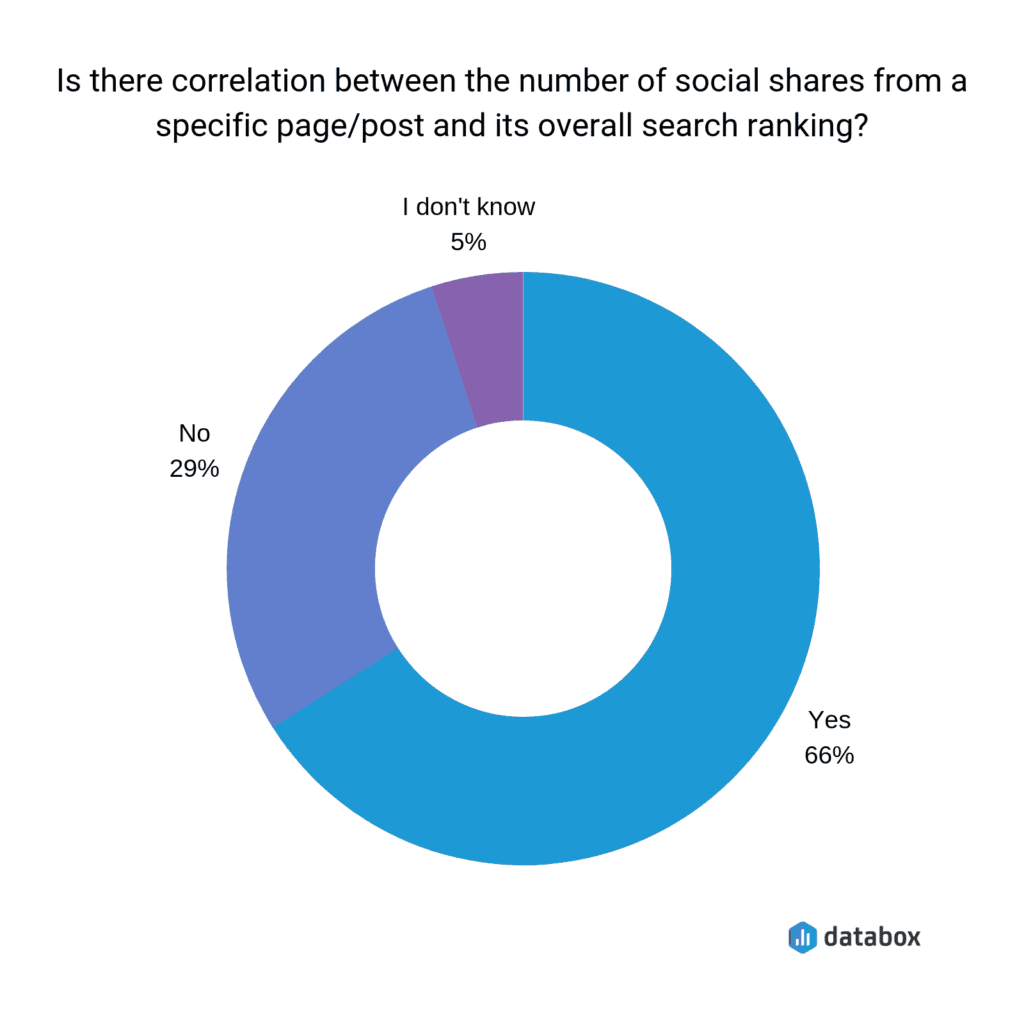Whether you’re a marketer, entrepreneur, or blogger, the importance of building up your Domain Authority (DA) is going to play an essential role in your SEO efforts.
An all-too-common scenario is this: you want to increase your search engine rankings, build quality backlinks, and increase awareness, all while showcasing your credibility. And more importantly, you want to generate leads — as well as sales — with your SEO efforts.
In today’s blog, I’ll provide some tips on what your Domain Authority is, why it’s important to your SEO efforts, and how you can build it over time.
What is Domain Authority?
Domain Authority was invented by Moz in order to rate the legitimacy of a website. Domain Authority is scored from 1-100 —and as you might guess, the higher the score, the more reputable the website. A newer website — or one that hasn’t been sufficiently optimized — will rank at a 30 or less. If your DA is 30-50, that is quite good. 60-80 is reserved for well-established websites and anything above that is likely a household name (Google, Facebook, etc). However, it is worth noting that DA is determined on a logarithmic scale, meaning that as your DA grows, it becomes more difficult to move up the ladder. For example, it is a lot easier to increase your Domain Authority from 20 to 30 than it is from 60 to 70.
Moz has a free tool on its website to check your website’s Domain Authority. Once you input your URL, Moz will give you not only your DA number, but also a good deal of information regarding how they decided on that number, including top linking domains, top ranking keywords, and top search competitors.
1. Create Good Content
The first step to having a reputable website is to create good content. Makes sense, right? You need to make sure that you are providing information that is helpful to your readers and would be worth linking to (more on that later). There are many types of content that you can provide, but most fall into two categories:
- Evergreen: This is fresh content that is educational. Make sure that the content you choose to write is not only searched for, but that it is content your target audience wants to consume.
- Revive and Recycle: Take older blog posts and update them into newer blog posts with different information. This is a great opportunity to interlink the blog posts and also expand the lifecycle of your existing blog posts.
2. Get High-Quality Backlinks
While Moz is constantly changing their DA algorithm, one thing that they continuously emphasize is backlinks. But not just any backlinks — high-quality backlinks.

You may be tempted to buy backlinks, but resist the urge. Google’s algorithms flag such activities and this can actually diminish your DA. There are several legitimate ways to gain backlinks. Such ideas include:
- Reach out to bloggers and see if you can contribute content, enabling you to link back to your blog.
- Create infographics that you can pitch to other like-minded bloggers to embed on their blogs — but make sure you choose bloggers who have quality content too.
Also, don’t be discouraged if your site is mentioned, but not linked to. Google takes into account co-citation — meaning, if your site is continuously listed among competitors, it will remember that the two are linked and that will, in turn, help your DA.
For more link building tips, visit my related blog: How to Develop an Off-Page SEO Strategy.
3. Increase Internal Links
While it’s harder to control external links, you can improve your internal link structure immediately. Internal links can help readers know where to get more information, find related topics, or go back to the home page. If someone lands on your page looking for an answer and doesn’t find it immediately, internal links can help them get there — instead of sending them to a different website.
4. Remove Bad Links
Did you think we were done talking about links? Not quite yet. While there are beneficial links that help your DA, there are certain types of links that will damage it.
One way that links can damage your DA is broken links on your website. Broken links suggest that your website doesn’t stay up to date and isn’t helpful to its readers. While it may be difficult to go through each link regularly to ensure that every single one is still working, there are online tools that can help you check the links on your website. Google Analytics can help you find broken links by searching for a 404 error, and SiteChecker also has a free tool to help you find broken links.

But broken links aren’t your only problem. Spammy links to your website can also negatively affect your Domain Authority. Tools like SEMRush can help you rate your backlinks and find which ones are toxic. If you are receiving links from sites that are deemed disreputable, it can negatively impact your DA. Just as receiving links from authoritative sites helps your DA, the opposite is true. Regularly review your backlinks and if you find any that are toxic, you will need to remove them manually. If you can’t do that, you can always have Google disavow your links.
5. Make Sure Your SEO is in Order
62% of consumers use a search engine when looking for information. This means you have a huge chance to show what your brand offers through your website.
SEO gives you a chance to establish trust with your prospects. This is because unlike with paid ads, you aren’t after an immediate sale. You can take things slowly. With timely advice, you can help prospects with their needs. You can solve their problems and give them what they want. In time, they’ll come to trust you and potentially buy what you’re offering. This goes a long way to establishing your brand’s credibility.
While many factors affect SEO, keywords are crucial — especially long-tail keywords. Long-tail keywords are not only going to be less competitive (i.e. it will be harder to rank with “shoes” than “formal black leather wedding shoes”), but will drive the right traffic to your website — those who are actually interested in your product or service.
Once you know what keywords you want to focus on, you will need to build content around those keywords. Follow these tips for placing keywords effectively in your content:
- Where you place keywords is just as important as which keywords you use. A good practice is to always use your focus keyword in your heading and sub-headings. Also, use your focus keyword in the first and last paragraph of your content.
- Use as many synonymous keywords as you naturally can in the body of your text.
- Don’t overstuff keywords. Generally, a keyword density of below 3% is good. To find your content’s keyword density, you can use a tool like Yoast.
- Write your content naturally. Remember, you’re writing for readers first and robots next.
As you optimize your website for search engines, your DA will also begin to rise.
6. Increase Your Social Presence
While you should already be sharing your content via social media, DA is a good reason to continue doing it. DA algorithms take into account links from social media that come back to your website, as well as likes, shares, and comments on the social media sites themselves. By posting on social media, you can attract new visitors to your website and share anything new or interesting you have going on.

Another strategy is to use your expertise to answer questions on websites such as Quora or Answers.com. Doing so can help you establish yourself as an authority in your niche, and you can also link back to your website if you have covered something similar. But remember to post your answer! Simply posting a link will come across as disingenuous and spammy.
7. Make Sure Your Page is Optimized for Mobile
About half of web surfing is done on mobile devices these days. That means that if your site isn’t optimized for mobile, you are missing out on half of your potential audience! Additionally, 61% of shoppers say that they are more likely to buy from a site that is mobile-friendly. Get with the times and make sure that your website looks good on all types of devices.
Wrapping It Up
These 7 tips will help you increase your Domain Authority over time, but be patient. A high Domain Authority score doesn’t happen overnight.
Domain Authority designates websites that are constant, reputable, and dependable. As you consistently provide stellar content, receive quality backlinks, and optimize your website, you will prove that you are an authority in your niche. Domain Authority is focused on the long game, but you can start with steps in the right direction today.






One Response